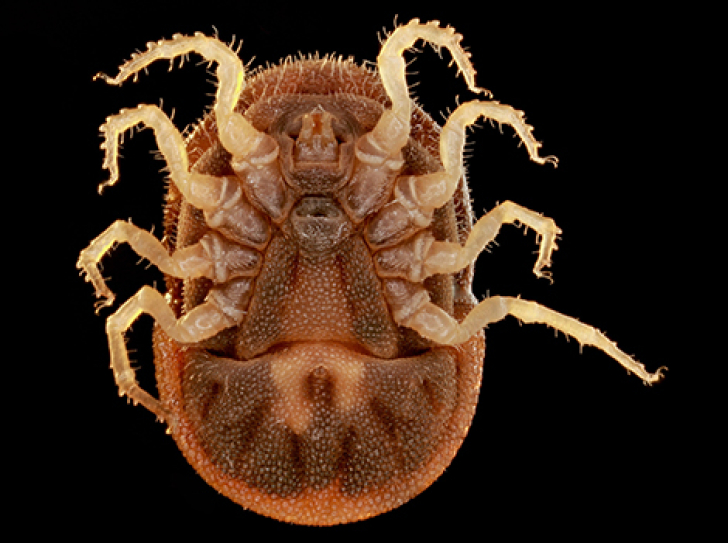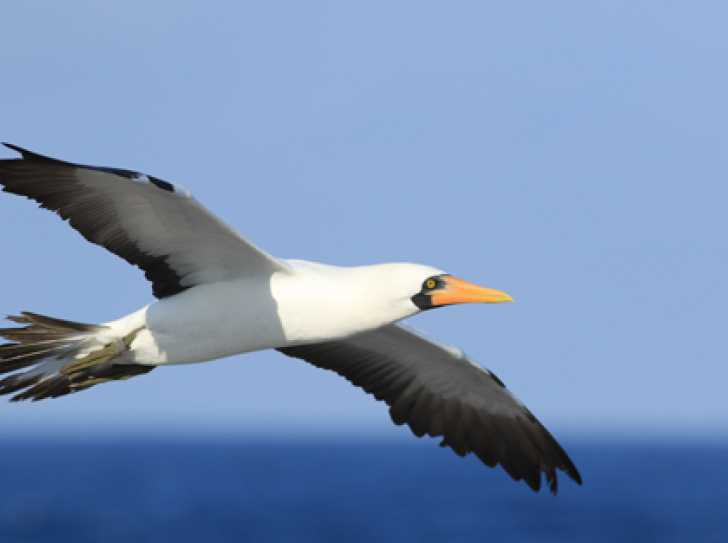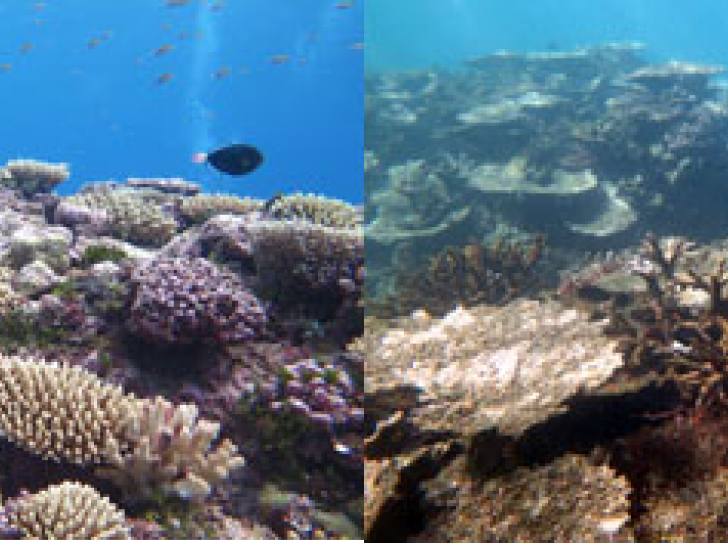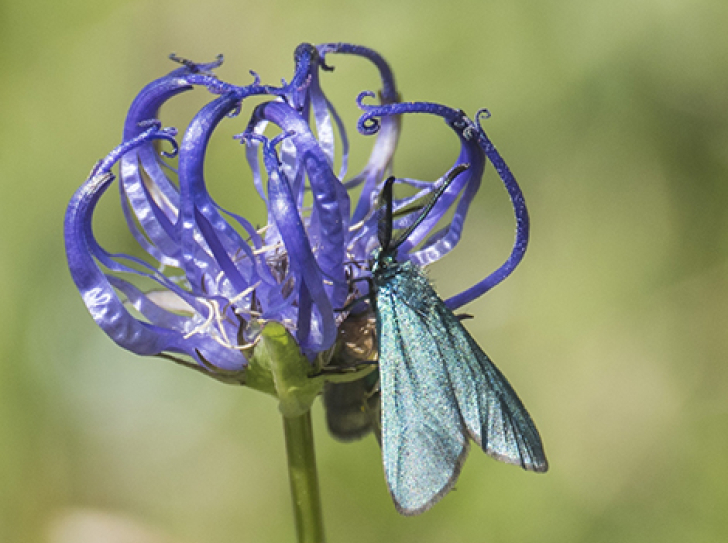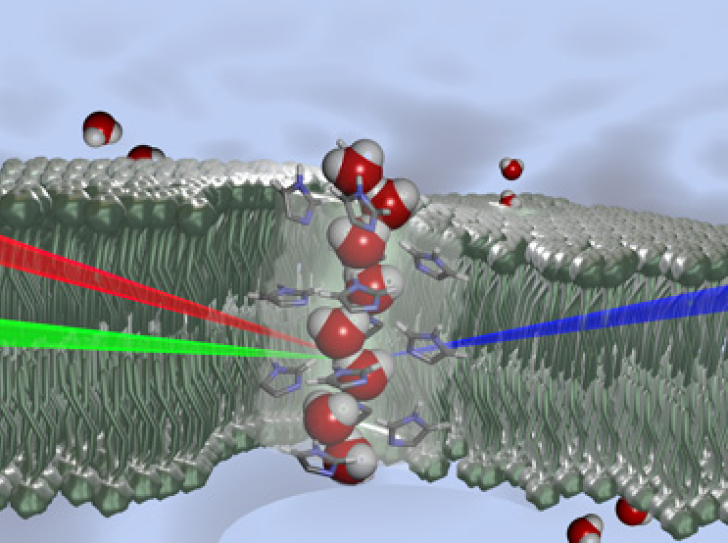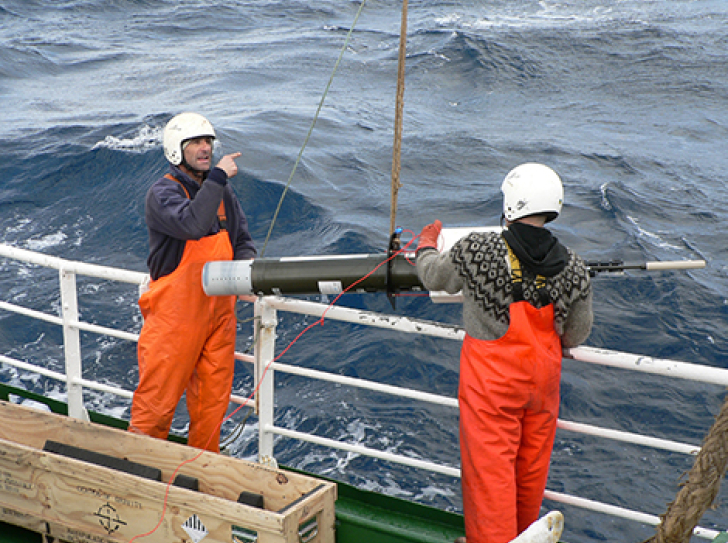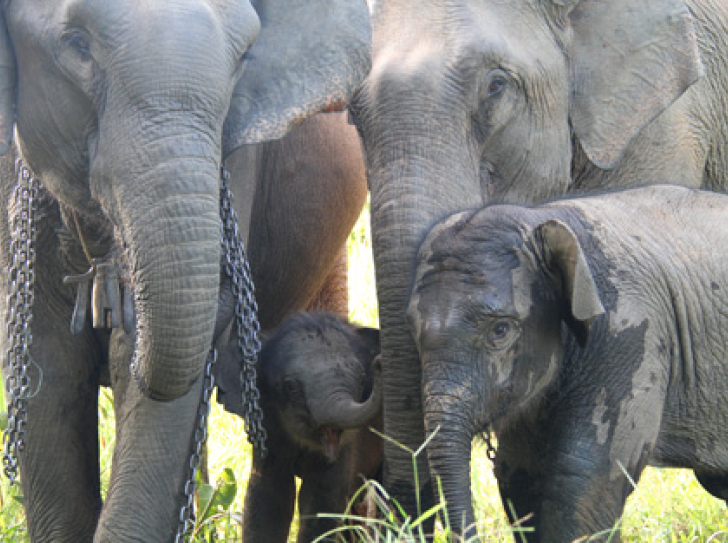News round-up
213 results
Press
Did Romans hunt whales in the Mediterranean Sea?
Commercial whaling is believed to have started with Basque whalers ca. 1000 AD, ultimately resulting in the extirpation of right whales (Eubalaena…
Read more
Press
Bacteria ensure square meal for bloodsucking ticks
How do ticks live solely on blood? A study presented in Current Biology (May 31, 2018) has elucidated the crucial role played by symbiotic…
Read more
Press
A supergene to stay alive
Some butterflies rely mainly on colorful wing patterns for their survival. CNRS researchers from the Centre d'Écologie Fonctionnelle et Évolutive …
Read more
Press
The survival of sea birds affected by ocean cycles
In a general context of climate change, researchers at the Centre d'écologie fonctionnelle et évolutive (CNRS/Université de Montpellier/Université…
Read more
Press
Double trouble for a coral reef
Upolu, one of the nine islands of Samoa, in the Pacific Ocean. Well-known among fans of diving, this isolated coral reef promised to be a site of…
Read more
Press
The great acceleration reaches new heights
An international team of researchersIncluding Damien Georges, researcher at the International Agency for Research on Cancer (IARC) and post-doctorate…
Read more
Press
Artificial bio-inspired membranes for water filtration
Access to clean drinking water is considered to be one of the main challenges of the 21st Century, and scientists have just opened a path to new…
Read more
Press
Why is it so hot at night in some cities?
During the nighttime, it is hotter in the city than in nearby suburbs or the countryside. But just how much hotter differs between cities…
Read more
Press
Robots aid better understanding of phytoplankton blooms
Phytoplankton blooms are one of the most important factors contributing to the efficiency of the carbon pump in the North Atlantic Ocean. To better…
Read more
Press
Ensuring the survival of elephants in Laos: a matter of economics
Asian elephant populations in Laos, which are under a process of commodification, have dropped by half in the last 30 years. According to…
Read more


